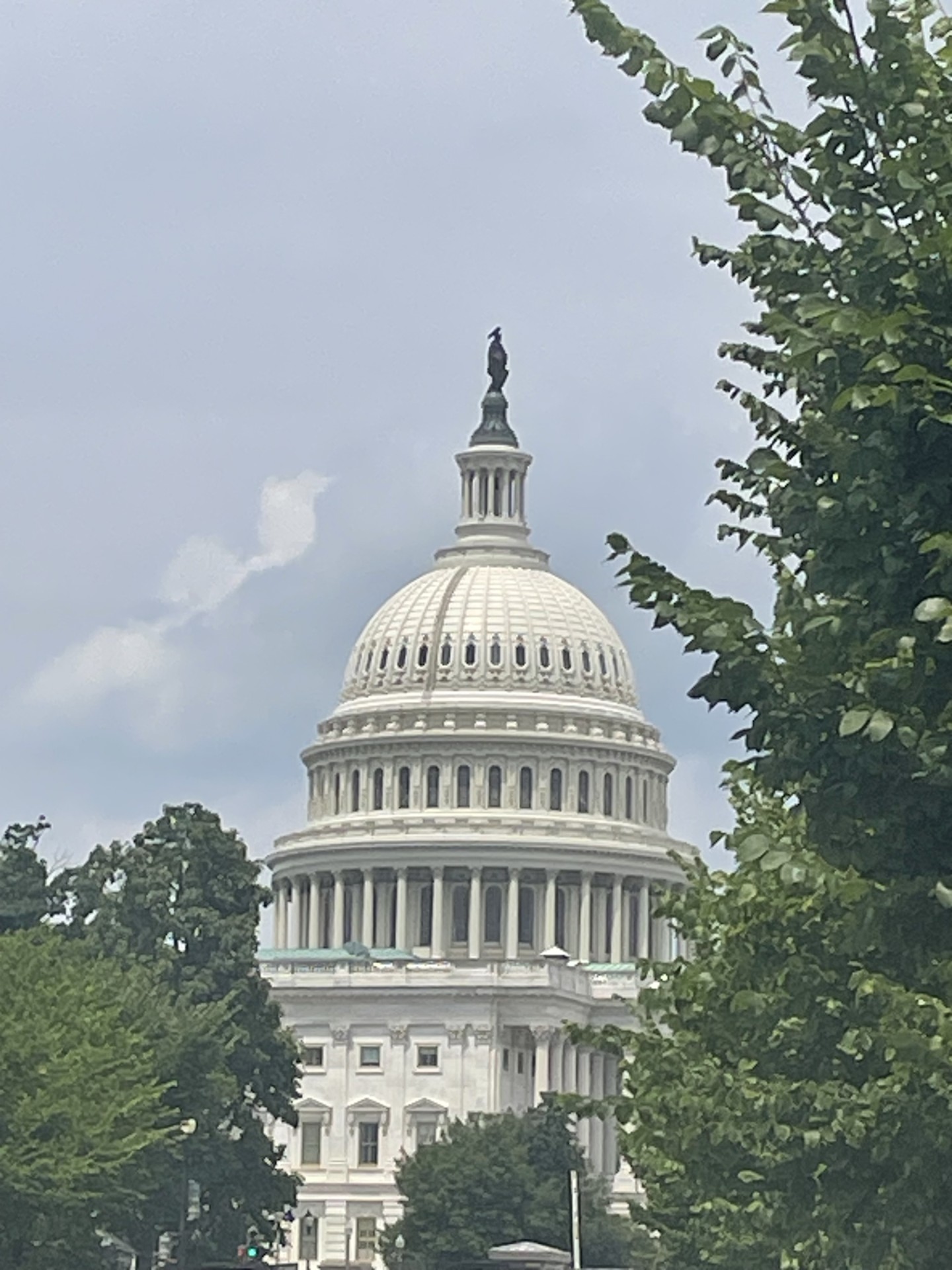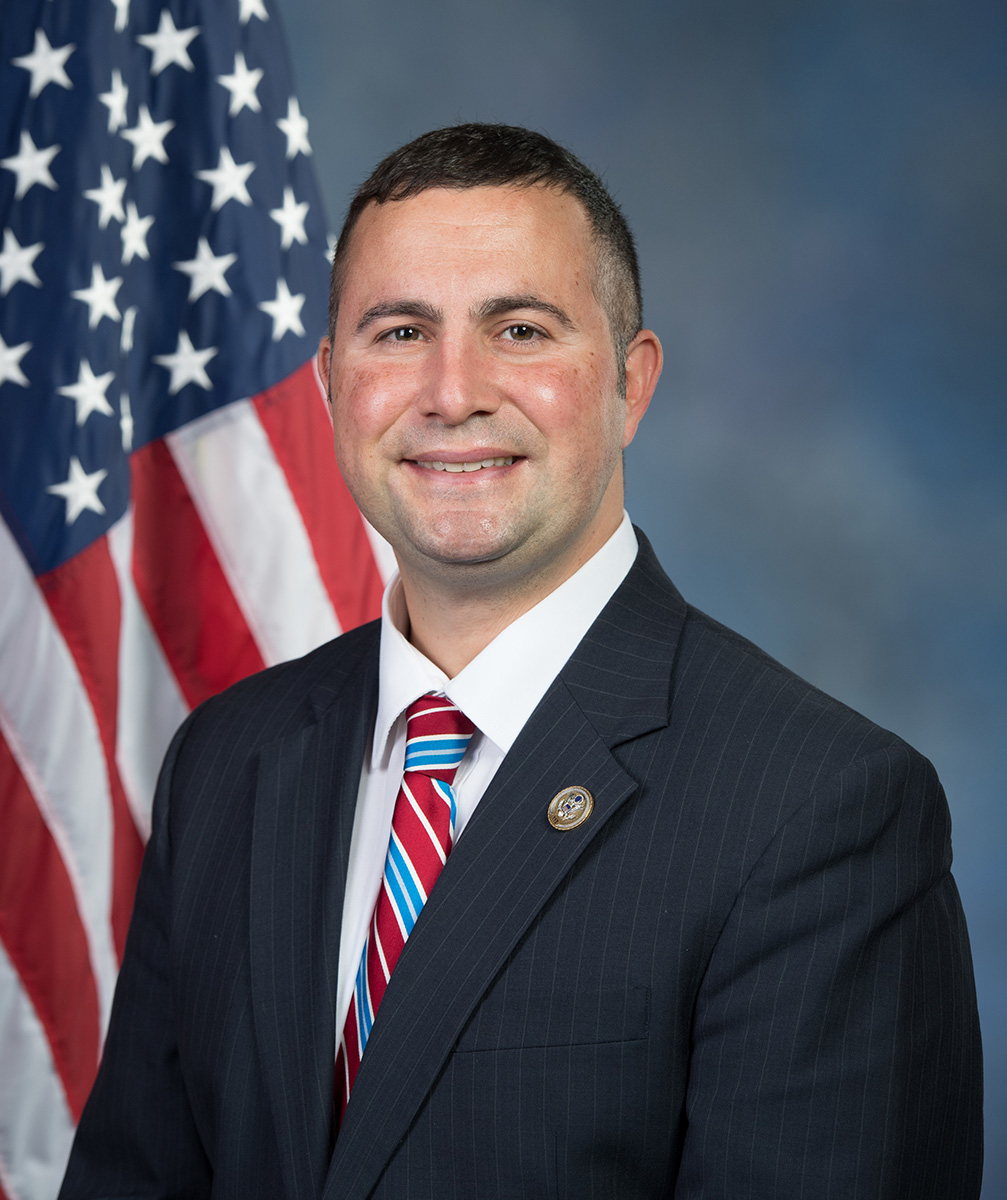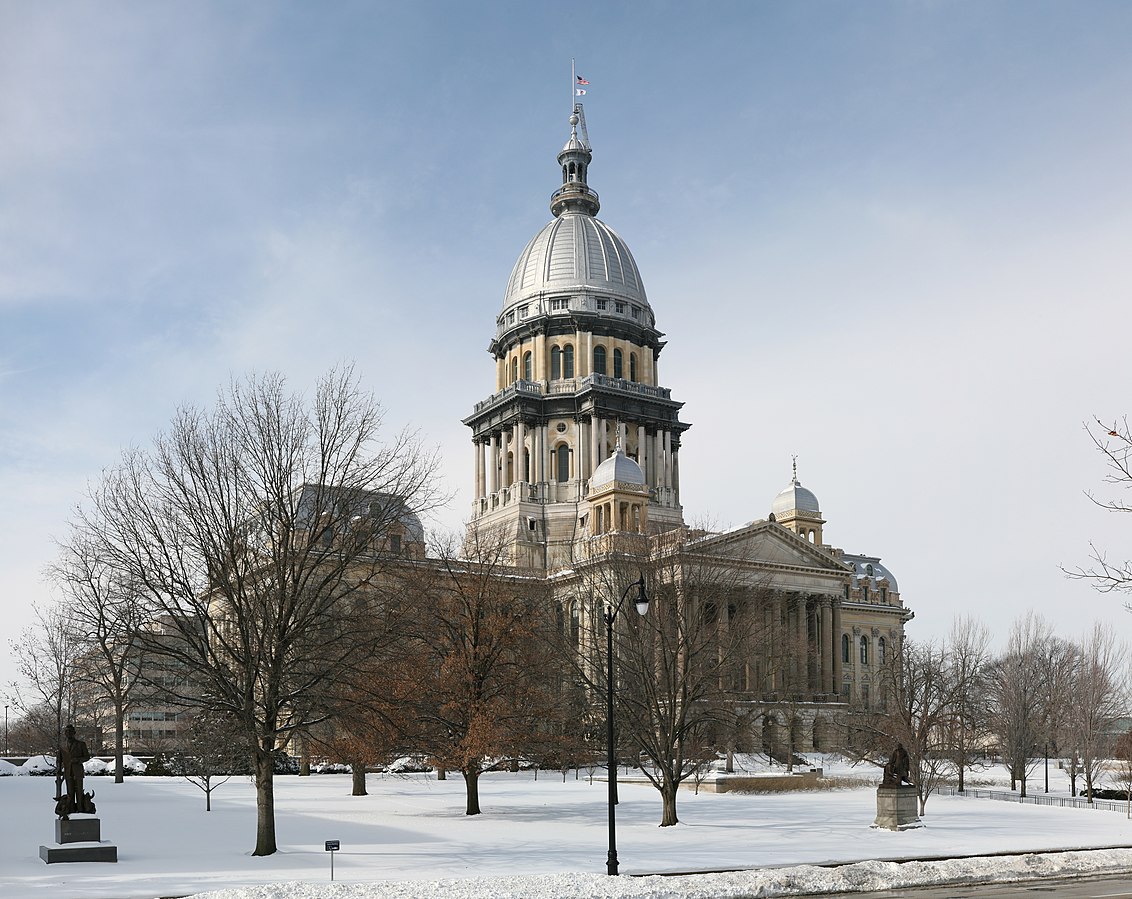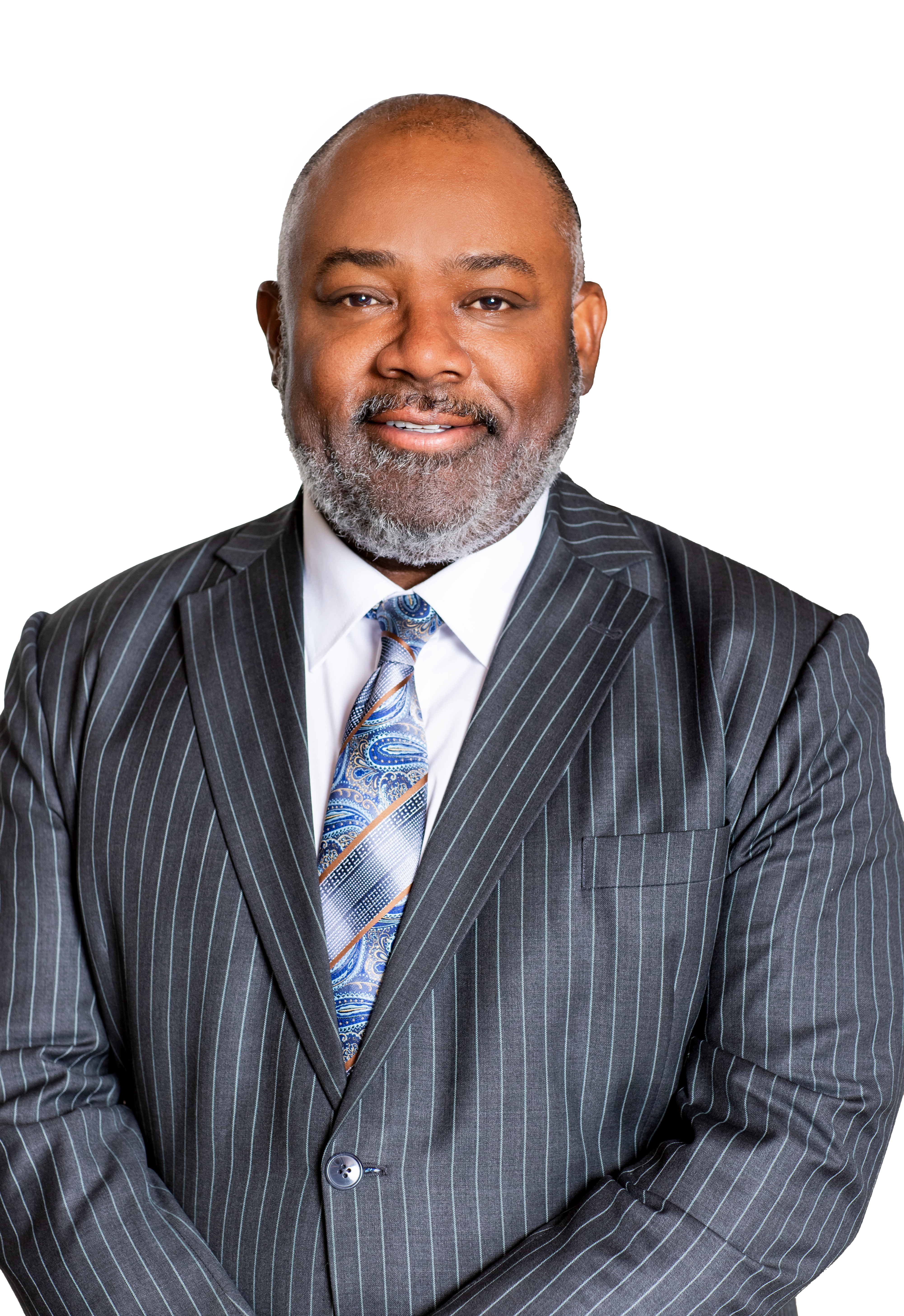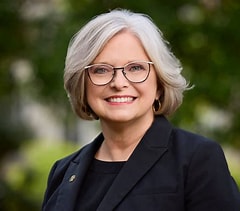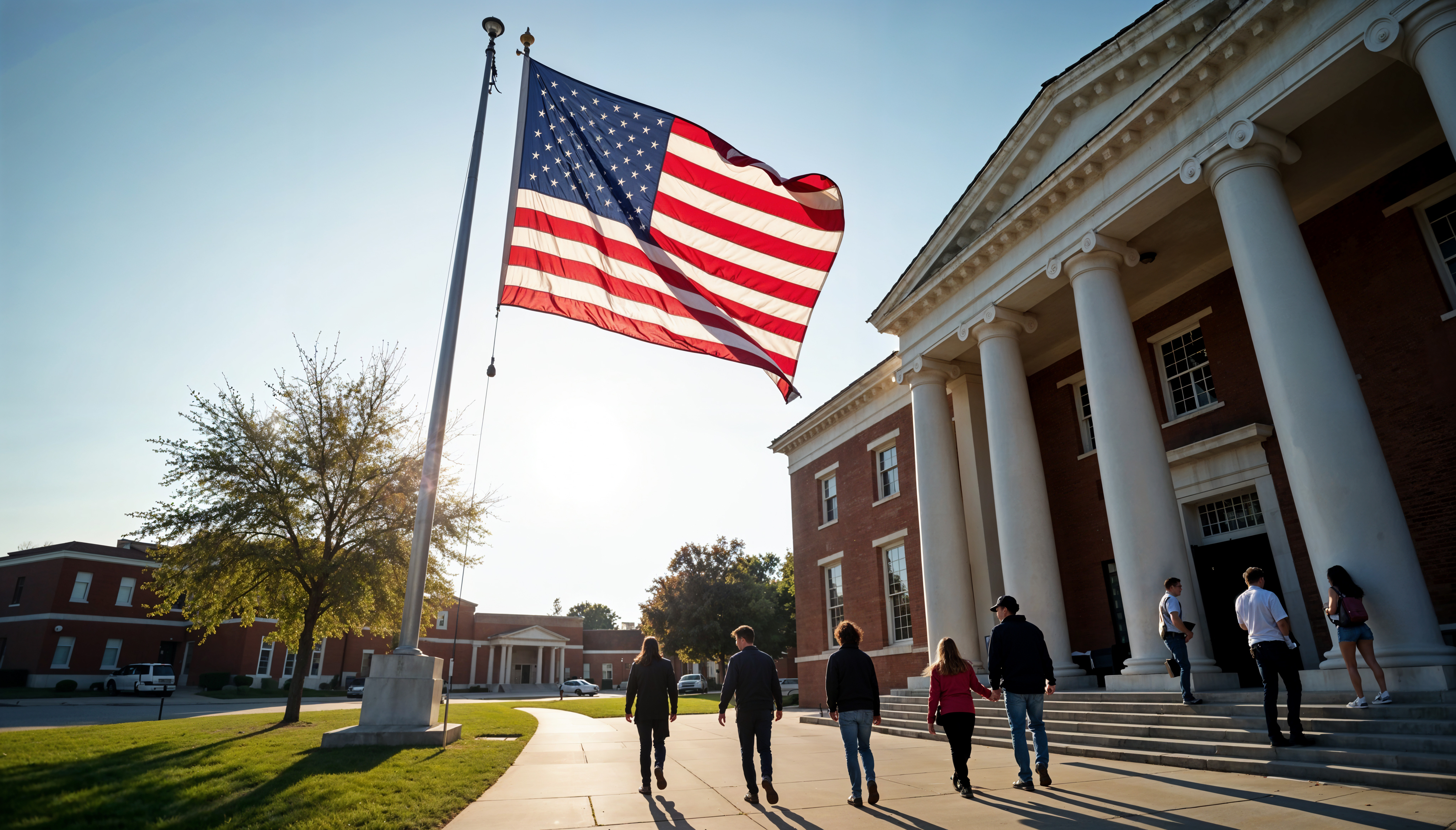Highlights from the New 118th Congress Interest & Legislative Effectiveness Scores
Highlights from the New 118th Congress Interest & Legislative Effectiveness Scores By Craig Volden and Alan Wiseman, Co-Directors, Center for Effective LawmakingWednesday, November 19, 2025The Center for Effective Lawmaking (CEL) is pleased to announce the release of the Interest & Legislative Effectiveness Scores (ILES) in each of 21 different issue areas for the 118th Congress (2023-25). These categories are based on issue area codes from the Comparative Agendas Project with bill issue codings drawn from www.congress.gov. The methodology that we employed to construct these issue-based scores is the same as…

